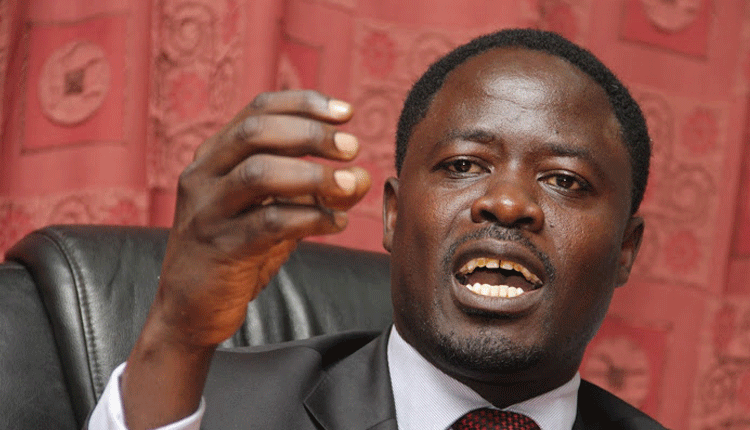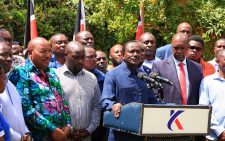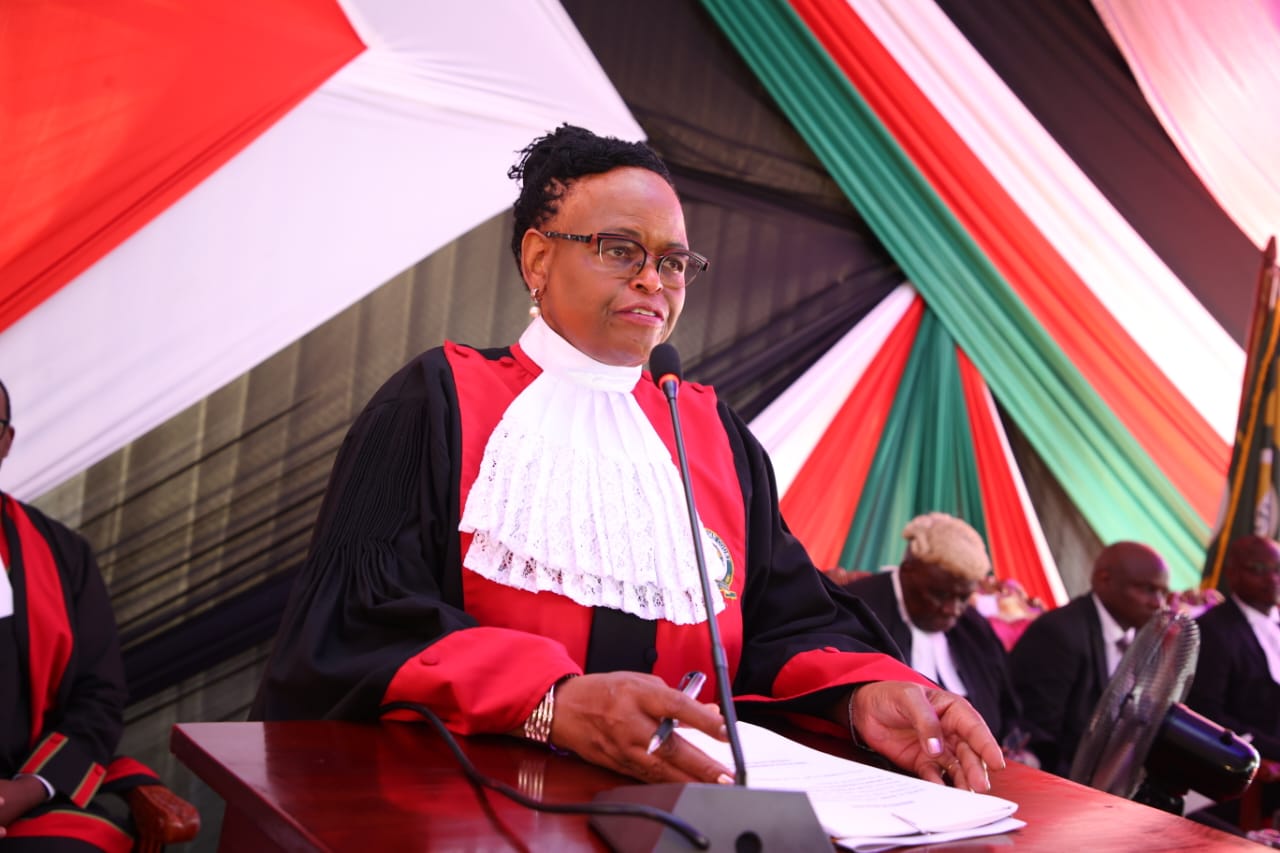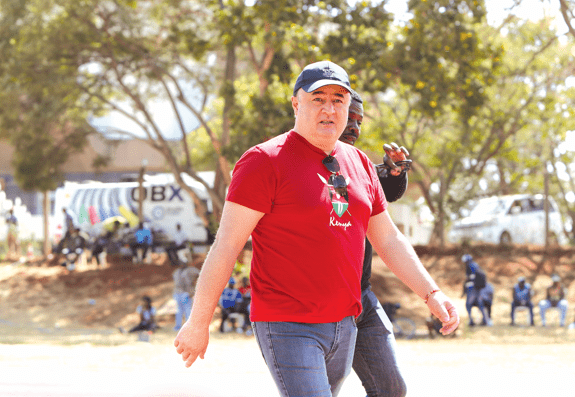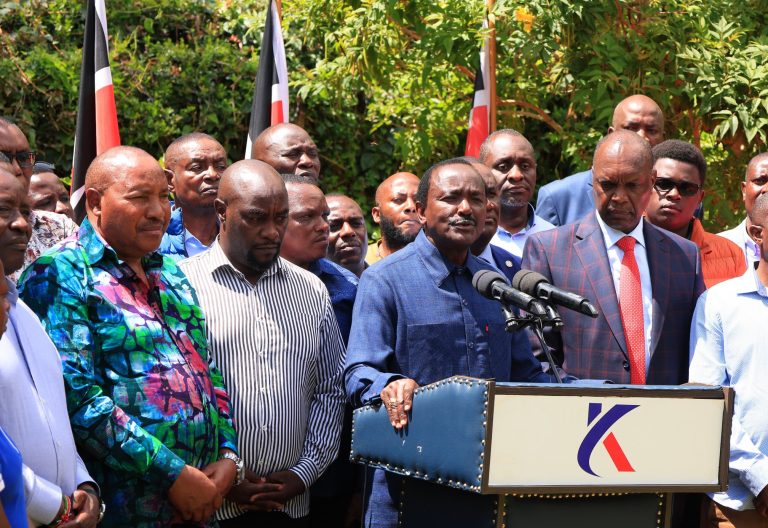How DP Ruto is rewriting rulebook for Number Two

Deputy President William Ruto has a knack for swimming against political currents with a considerable success. In 1997, he defied then President Moi to contest the party’s ticket against Moi’s preferred candidate for Eldoret North constituency.
He secured the nomination and went ahead to win the seat.
In 2002, he stuck his neck out for the Kanu presidential candidate Uhuru Kenyatta at a time when it was not fashionable to do so after all the big wigs had discarded the independence party to team up with Opposition headed by eventual race winner Mwai Kibaki.
When the country voted on a Constitution referendum in 2005, it was his turn and the Kanu party to close ranks with the renegade wing of the ruling National Rainbow Coalition to oppose the document.
His group which composed of, among others, ODM leader Raila Odinga emerged victorious against their Kibaki-led rivals.
2010 referendum
Two years later, Ruto broke ranks with his Kanu colleagues to join Raila in ODM from where the then Lang’ata MP was to vie for presidency against Kibaki. Contentiously though, Kibaki was declared the winner.
Ruto was not done yet. In, 2010, he was the notable face of the forces opposed to another plebiscite on the Constitution which Kibaki, Uhuru and Raila were all supporting. This time, his group lost.
But that was not all. Ruto was to dump Raila and thereafter revisit his political courtship with Uhuru in 2013 to upset the apple cart by throwing his weight behind the latter in his successful quest for the presidency.
He and Uhuru have been inseparable since then though the situation seems to be changing. Very fast, in fact.
If recent events are anything to go by, the camaraderie between Ruto and Uhuru seems to be fizzling out.
History shows that never since the tiff pitting President Jomo Kenyatta and his first Vice President Jaramogi Oginga Odinga, in the 1960s has a rift between the Head of State and his principal assistant been so pronounced.
First vice president
In the years leading to independence, Jaramogi led a sustained push for the release of the then detained Kenyatta. He led a unifying clarion under the banner: “No Freedom Without Kenyatta” and even declined an offer by the colonialists to form a government while Kenyatta was still in prison.
After Jomo’s release in 1961, he and Jaramogi became political bedfellows and it was on that basis that at independence, the former appointed him his vice-president.
The rapprochement did not last long, however. Owing to divergent ideological views fanned by the then Communist Union of the Soviet Socialist Republics on one hand and the Western powers led by the United States on the other, the erstwhile comrades-in-arms parted ways in 1966 as a result of a power tussle within the then ruling party, Kanu.
Since Jaramogi’s exit from the vice presidency, the life of Kenya’s deputy chief executive has been that of an obedient usher, who has only to be seen but not heard.
Jaramogi was replaced by Joseph Murumbi, but unable to cope with the unsavoury dimension the country’s politics was taking, he quit after only nine months.
He was succeeded by Daniel arap Moi who served in the position for 12 years. Moi was so loyal to Kenyatta that he delivered on every order and request.
Moi’s tolerance enabled him to ascend to power when Kenyatta died in 1978.
When Moi became President, he appointed Mwai Kibaki his vice president. Until 1989 when he was dropped, Kibaki’s tenure at the number two perch was devoid of controversy.
He was replaced by academician Josephat Karanja who stayed in office for only one year. He resigned in the heat of a smear campaign spearheaded by then Embakasi MP David Mwenje who claimed the VP was plotting to overthrow Moi.
Karanja exit ushered in George Saitoti as the sixth vice-president. Saitoti turned out to be the country’s longest serving holder of the second-in-command saddle by holding onto it for 14 years.
Saitoti exited the VP’s perch in 2002 in acrimonious circumstances after Moi bypassed him and picked Uhuru as his preferred successor. He was replaced by Musalia Mudavadi.
In the General Election later that year, Moi’s candidate, Uhuru, lost to joint opposition flag-bearer Kibaki. Kijana Wamalwa was named Kibaki’s vice-president.
Grand coalition
When Wamalwa died after only eight months in office, Kibaki picked Moody Awori who had a quiet stint until 2007.
In his second term, Kibaki chose Kalonzo Musyoka as his vice president after disputed presidential election outcome led to a negotiated Grand Coalition Government. Like past vice presidents, Kalonzo was loyal to Kibaki.
But it appears Ruto is bracing to rewrite the President’s principal assistant’s rulebook.
Unlike his predecessors, Ruto’s position is protected by the Constitution. Under the old Constitution, the President could hire and fire his VP at will.
But under the 2010 Constitution, a presidential candidate and running-mate go as a joint ticket thus the deputy president cannot be fired by the boss.
The DP can only be removed through death, sickness or legally proven gross misconduct. That is the advantage Ruto enjoys.
Ruto throws punches with the same force as he receives them. He has crossed swords with Jubilee secretary-general Raphael Tuju and former vice-chair David Murathe. His spat with the latter led to the resignation of Uhuru’s close ally from the party position.
He has not spared the Principal Secretary for Interior Karanja Kibicho and Director of Criminal Investigations George Kinoti, who he accuses of politicising the anti-corruption war.
While many criticise Ruto’s style of politics, he argues that his critics have not been able to prove ineptness or conduct unbecoming on his part.
Appearing on PunchLine talkshow on K24 TV two weeks ago, Ruto denied there is a rift between him and Uhuru.
“There is no division in Jubilee. I and the President have discussed these matters and we have a plan on how to resolve them. Uhuru and I cannot allow Jubilee to break,” said Ruto.

